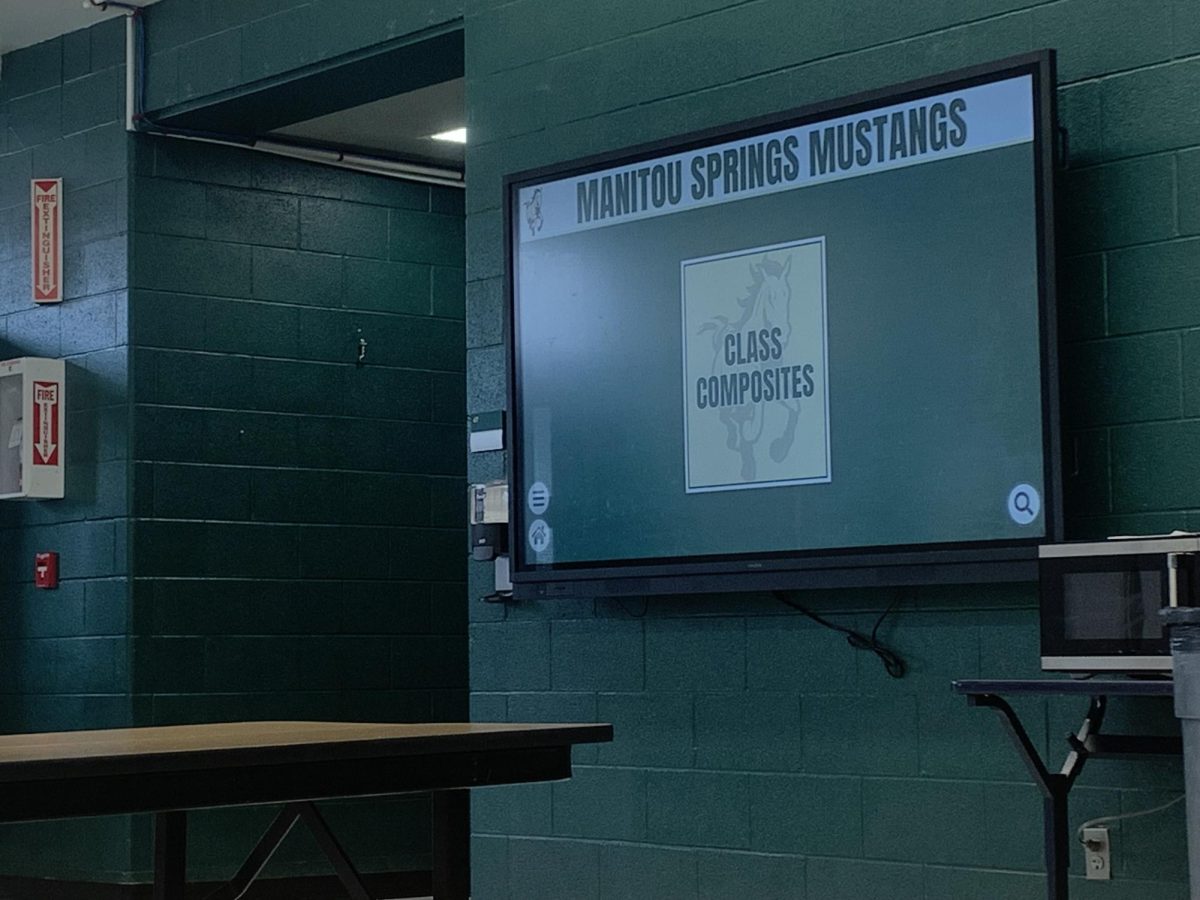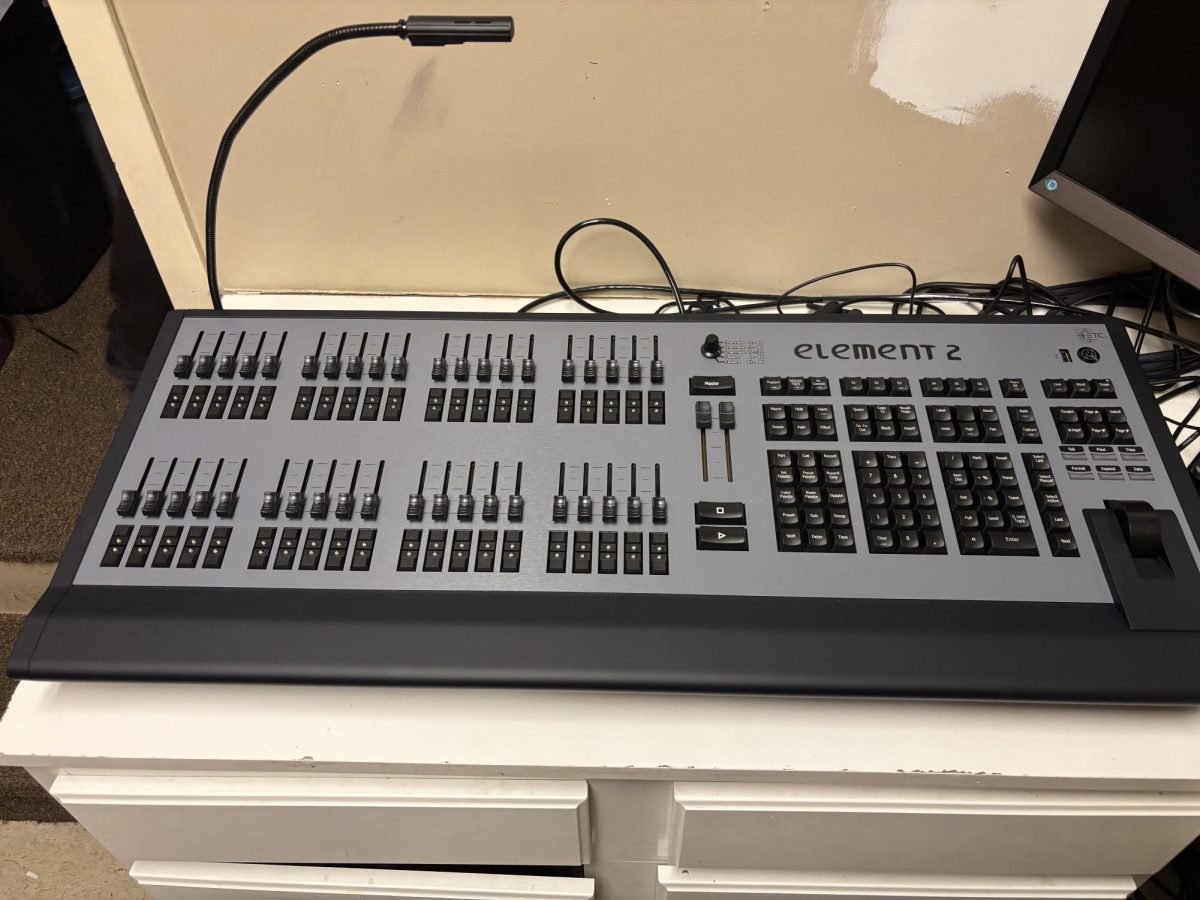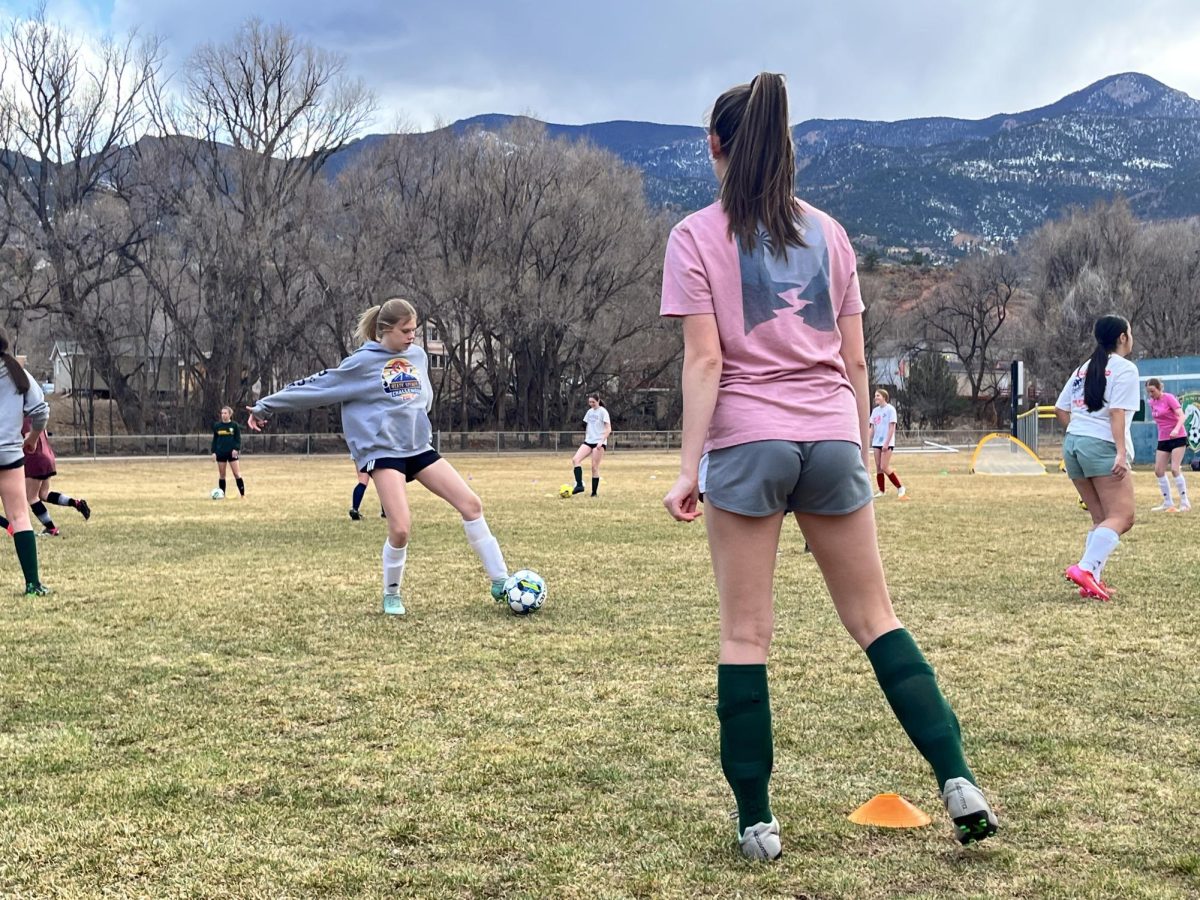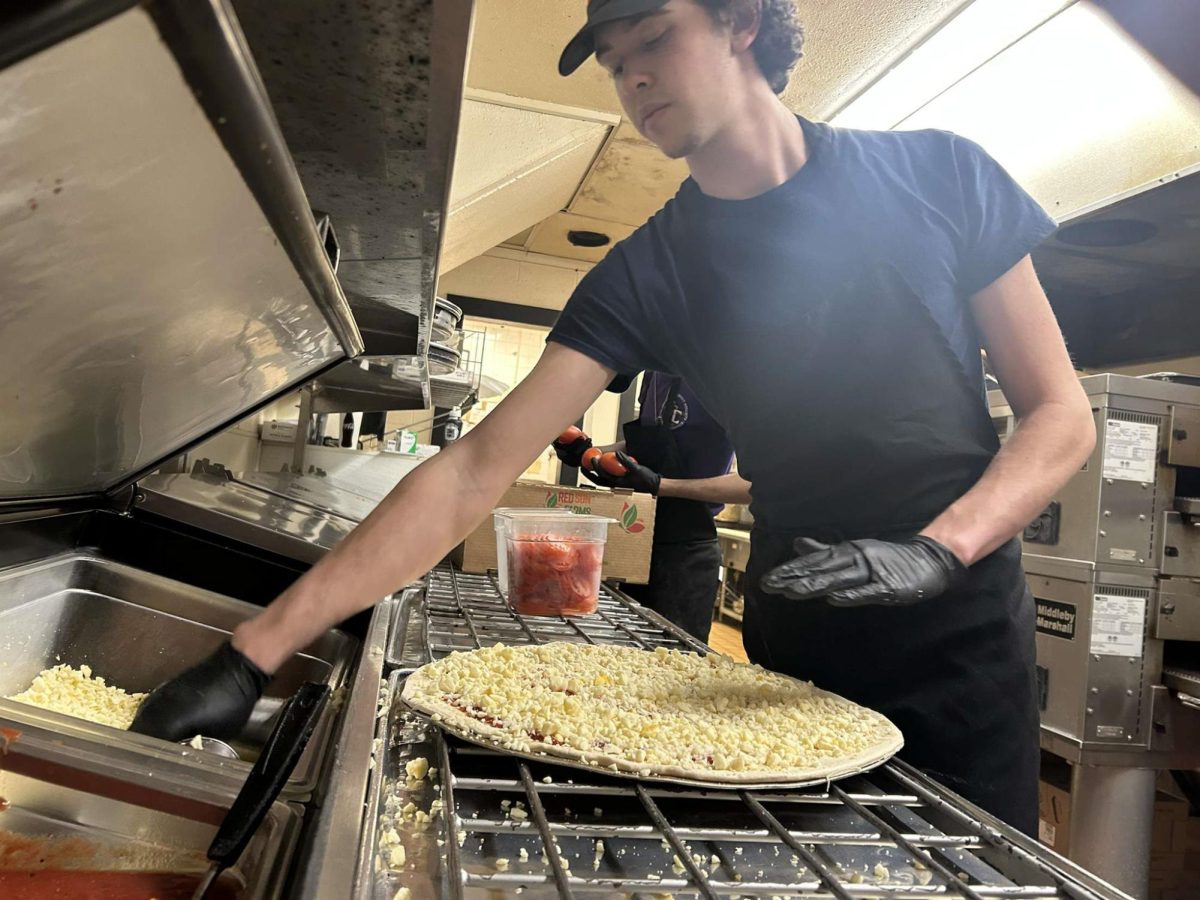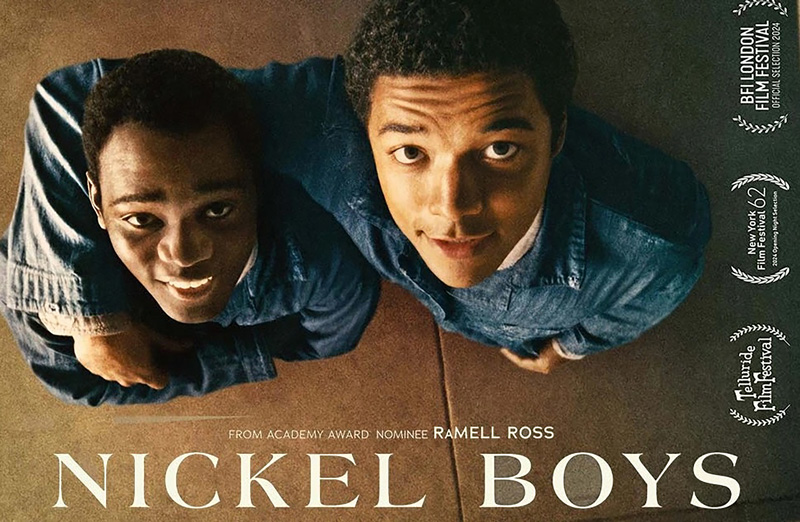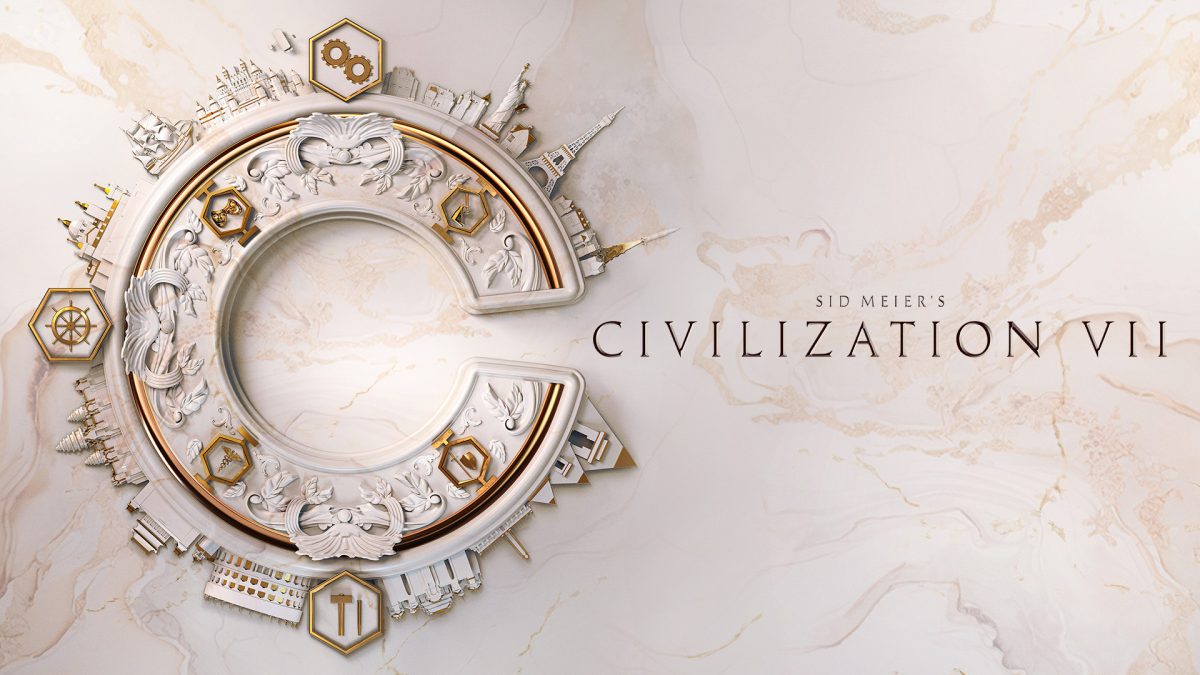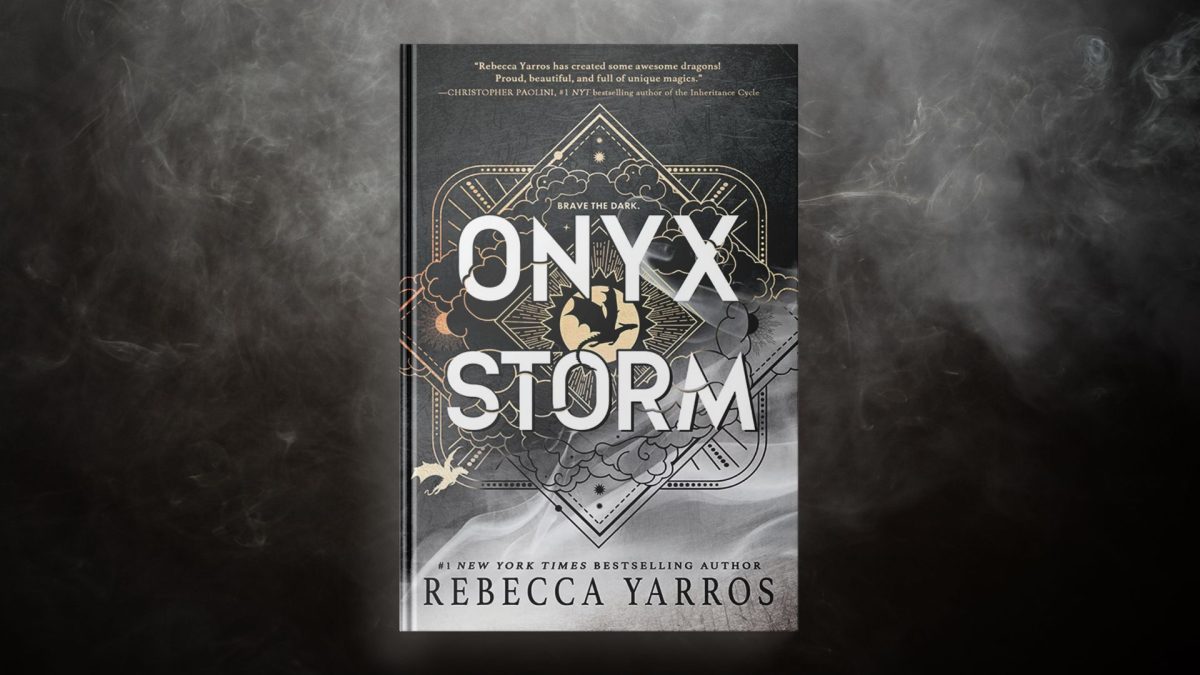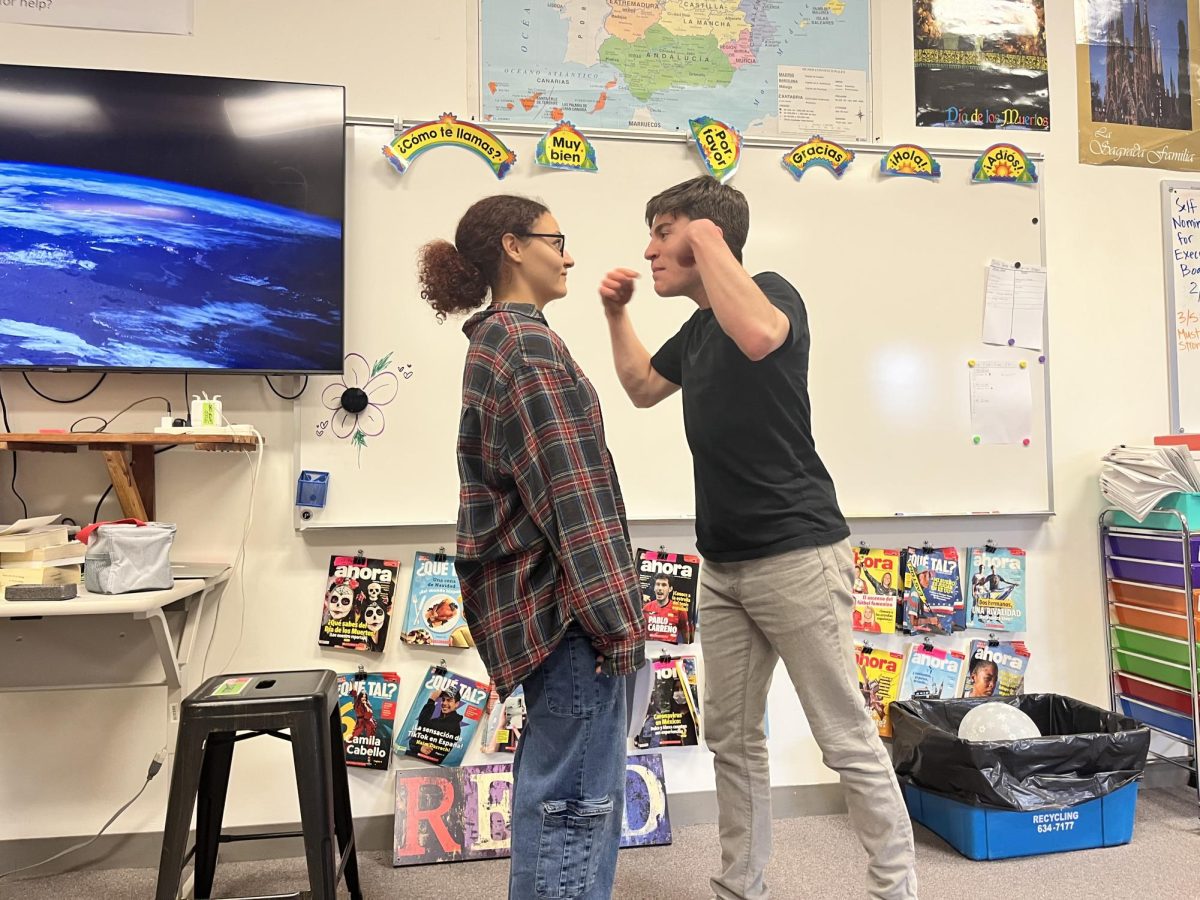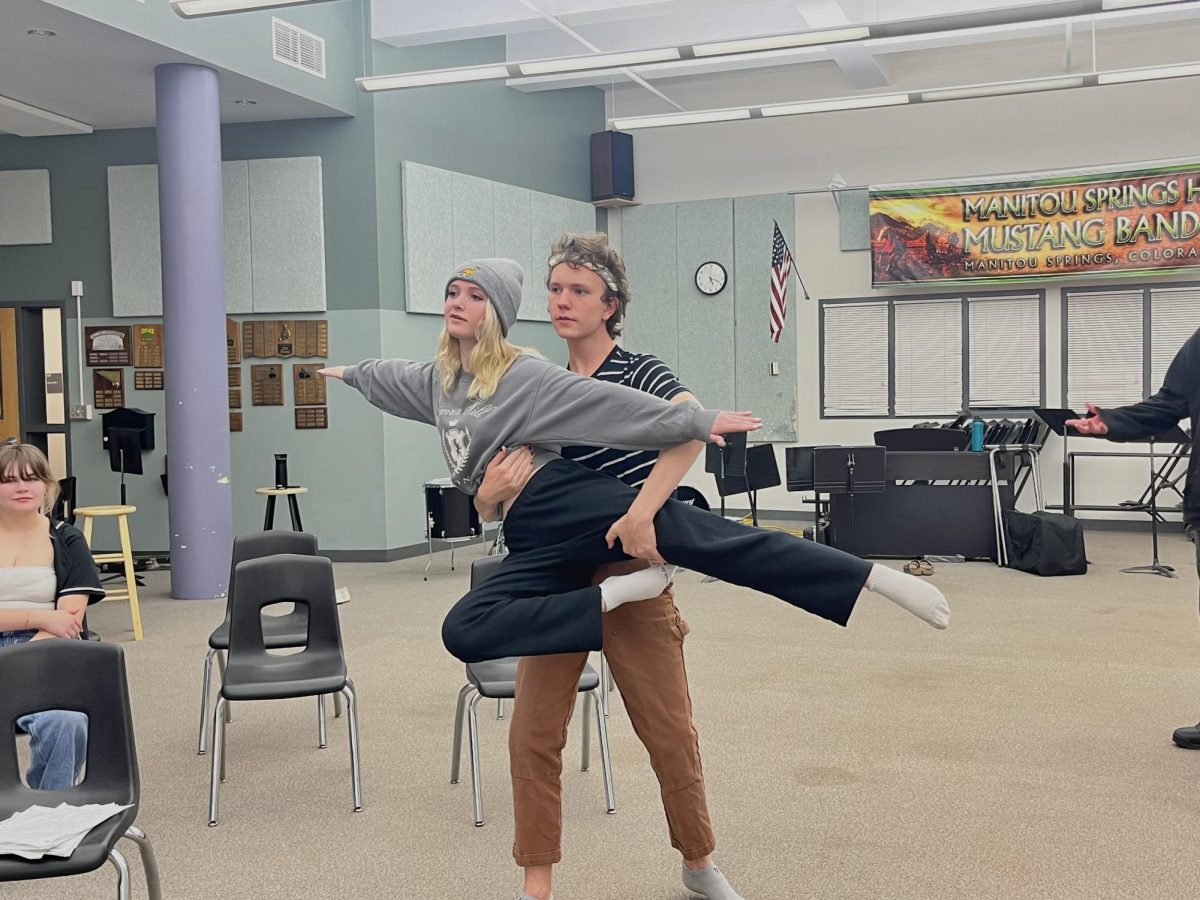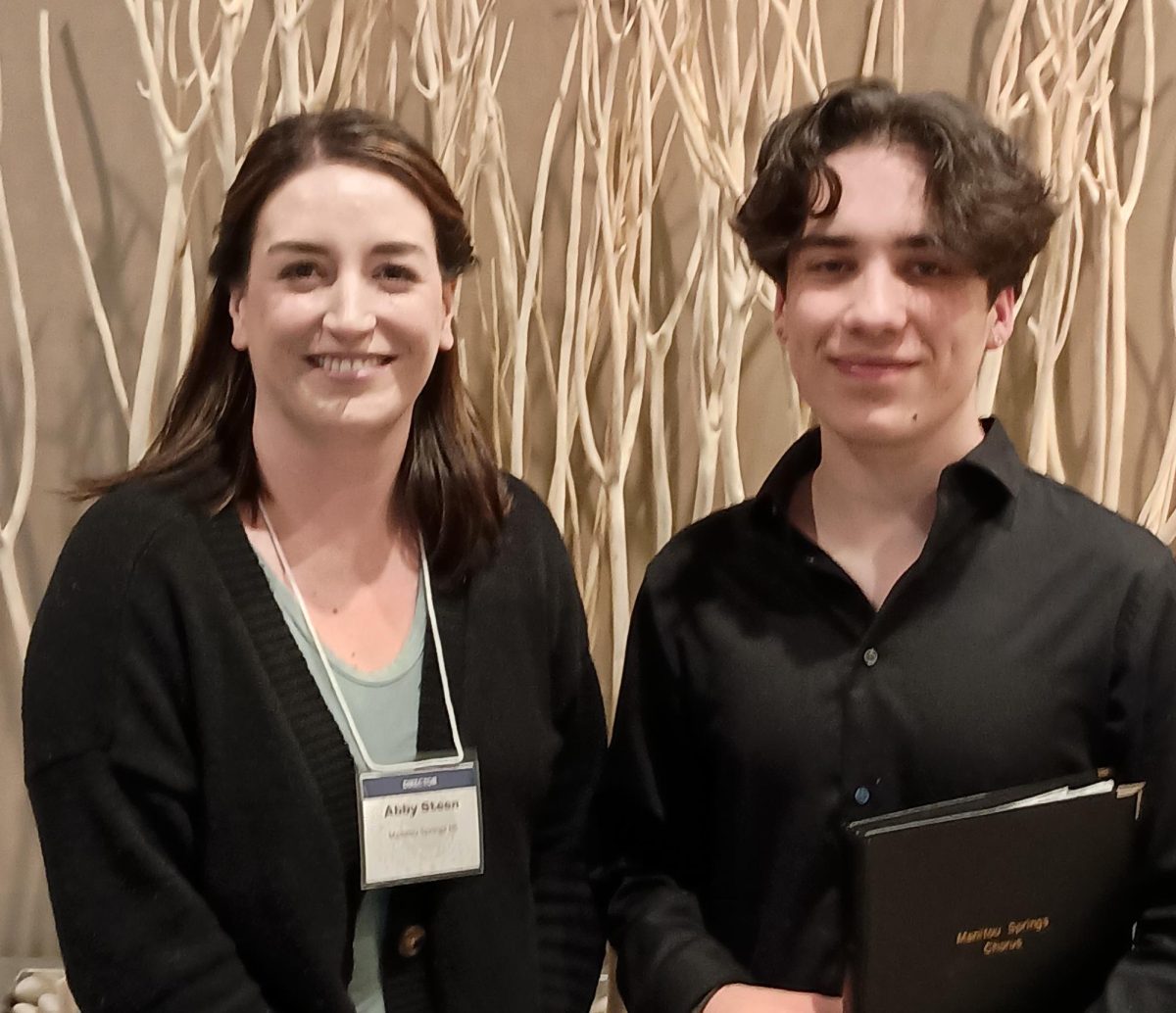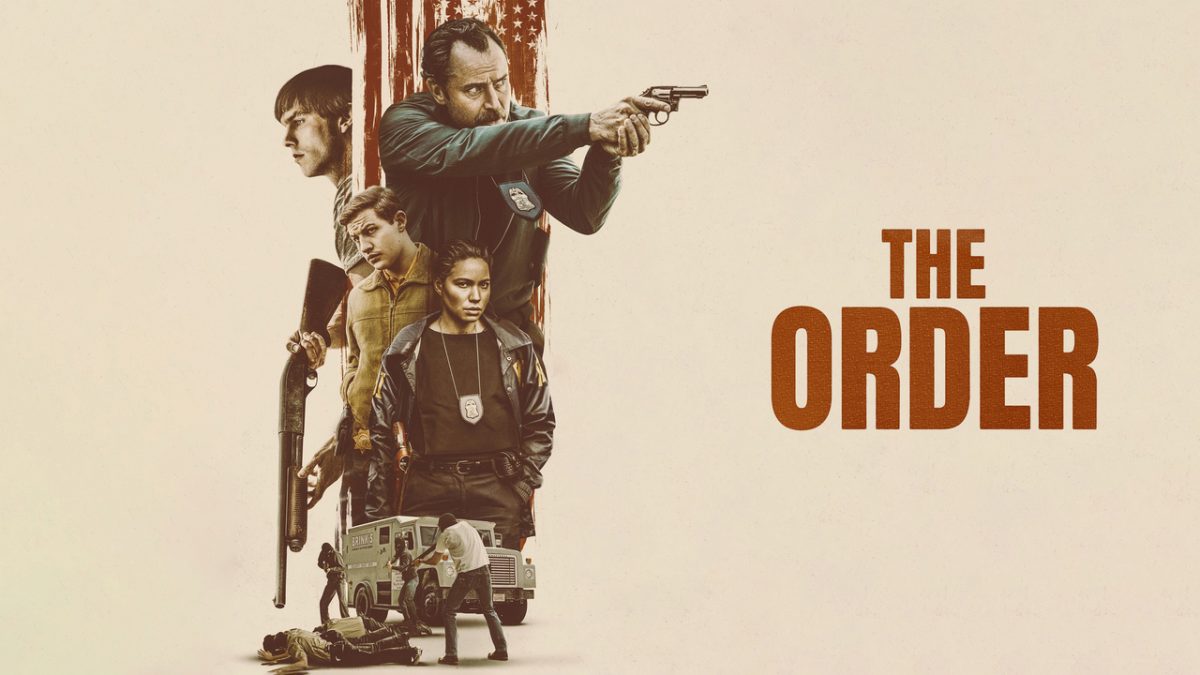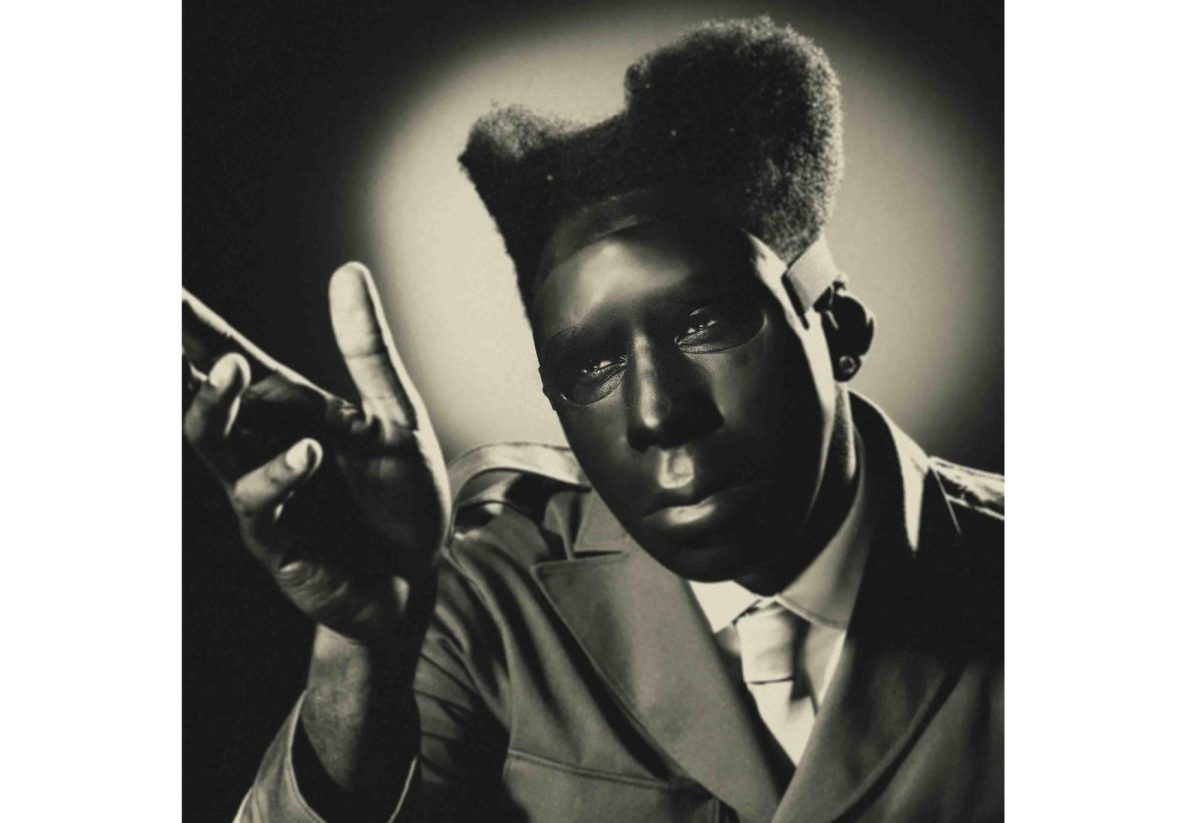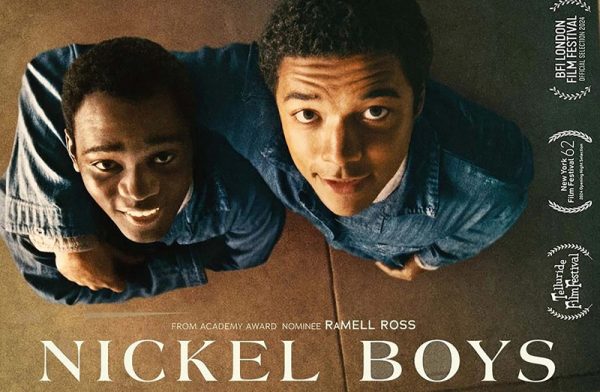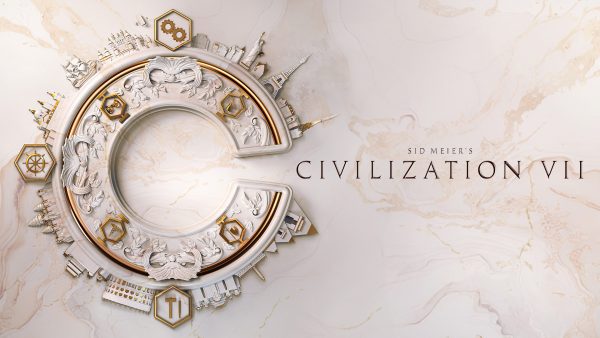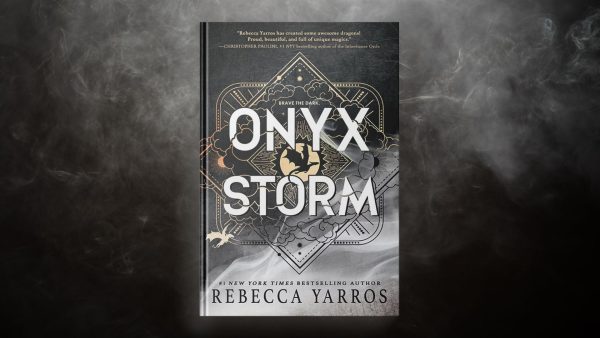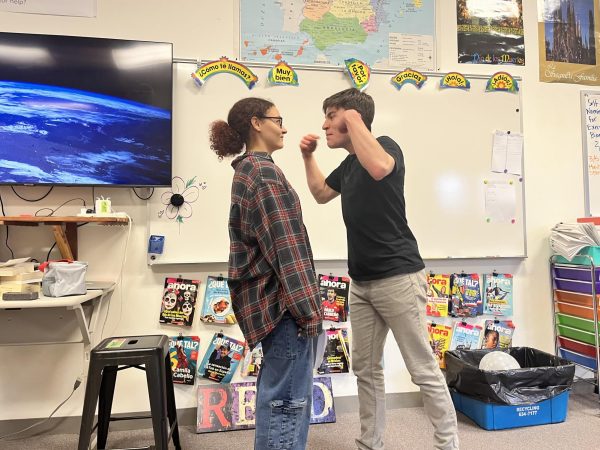Classic Versus Contemporary
Should we keep classic novels? Or is it time for an upgrade?
Only a few weeks ago, a freshman class wrapped up their reading of a pure classic: “Lord of the Flies”. For those who don’t know, “Lord of the Flies” is about a group of schoolboys who crash land on a deserted island. Their story is centered around humanity’s descent into madness once social restrictions and guidelines have been disposed of. The boys turn into primal and crazed creatures and go so far as to kill several characters in especially gruesome and unfortunate ways.
This book provides a solid base to teach an English class about techniques and themes of the writing world, as “Lord of the Flies” does not run short of dark themes and intelligent subtext. It’s important for students to learn about classical themes, such as humanity’s delicate balance between merciless animal and dignified deity.
But it’s an old story.
Lord of the Flies is a story whose pages are yellowed with age, voice tired and hoarse. It’s a tale that has been told countless times—and it isn’t alone. Among the shelves of libraries everywhere are ‘classics’; stories that have supposedly braved the waves of time and been found solid as an oak table. They are the stories that are handed out through classrooms yearly, feeble covers crumbling under students’ fingertips and their spines held together with dust ridden tape.
Away from the classroom is a world where books are willingly chosen by students for purely their own pursuits—books which are not entirely new, nor are they old as their classic cousins. These books redress and redesign the themes and words of aged, withering stories of times gone by, creating their own plots and ideas from the carcasses of those past. An obvious choice for a comparison is the renowned “Hunger Games”.
“Lord of the Flies” was a heavy commentary on the human condition and our easy decline into madness- the “Hunger Games” book is a commentary on humanity after it has tumbled down the slippery slope of dastardly behavior and violence. With “Lord of the Flies”, the setting and story was believable. At the time, there were planes being shot down over the ocean and the famed Amelia Earhart incident. A plane full of schoolboys crashing onto a deserted island wasn’t far from the shores of 1950’s imagination. Just as the technology and social structure of the “Hunger Games” isn’t very far from 2000’s imagination- our world a constantly boiling pot of wars, political murder, poverty, and the ever growing number of studies upon violence within the American society. Combine that with the doubts and ambitions and even common problems of a teenager, and you’ve got a book that will (and did) speak to millions. The “Hunger Games” does not lack literary themes and techniques to teach students of, and a class of teenagers is going to connect more with Katniss’ struggles than the childrens’ within “Lord of Flies”. Yet is it “Lord of the Flies” that is taught instead of its much younger and bloodier companion.
The classics are our foundation and beginnings, providing us with cultural knowledge and the oldest techniques we have on hand. Modern novels are of a new generation. Their pages are stark black and white, smelling of fresh ink. Their ideas are bright and vibrant as the minds they sprang from- and the minds that consume them. These new novels are ones that a student can relate to. Their authors have brought spins on old ideas and tales, bringing in a new side to an old coin. Students readily relate to these stories; after all, they often focus on heroes and heroines of the same age as them, with many of the same difficulties. It is universally known that it’s easier to understand and take in a lesson if you can actually bring yourself to care about it.
Our generation is a new one; and the flows of time do not stop for anything, especially literature. It is time to accept that the tastes of students have changed. The shelves are faded, ready to be revived with new stories from new authors. Engaging and including our students’ interests should be more important than outdated opinions of classics. Their place upon the pedestal of literature has come to an end.
By Katherine Neault
Your donation will support the student journalists of Manitou Springs High School. Your contribution will allow us to purchase equipment and attend local conferences and trainings!

